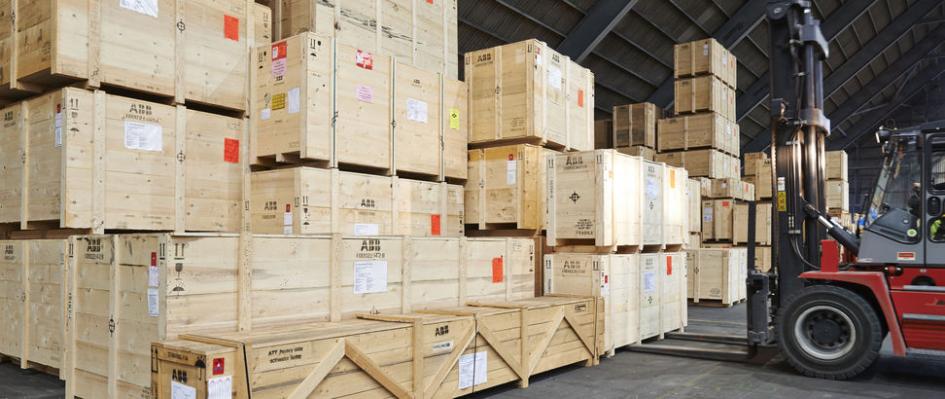Free Trade Agreements (FTA) are designed to open doors to foreign markets, reduce customs duties and help boost competitiveness. In addition to the EFTA Convention and a Free Trade Agreement with the EU, Switzerland has negotiated 28 FTAs to date. Most recently, the FTA with China (2015) and the FTA of the EFTA states (Switzerland, Liechtenstein, Norway and Iceland) with the Philippines (April 2016) have been in the limelight.
An FTA does not deliver full exemption from duties. Certain product groups such as agricultural produce are often excluded from free trade. And in many cases, the tariffs are reduced only gradually over a number of years. Each agreement contains different origin and procedural rules and accepts certain local regulations. The FTA with China is considered to be particularly complex and challenging.
Coordinating and controlling processes
The effective and risk-free use of preferential agreements is founded on a careful evaluation of a company’s supply chains and internal processes. The following questions should be answered before deciding on a strategy:
-
Which FTAs are relevant to my imports and exports?
-
Which aspects and regulations of the FTA apply to my company and products?
-
What requirements do I have to meet? These include clarification of the origins of supplier parts and manufactured products, the correct classification of all primary products and of the export product, matching of tariff numbers, precise master data maintenance, and auditable preference calculations, taking into account the export calculations and the terms and conditions of the Free Trade Agreement in question.
-
What software can assist me with collecting and distributing the necessary data and documents (product classification, matching of export control numbers and tariff numbers, obtaining/renewing/validating/archiving vendor declarations, calculation of the origin, management of certificates of preferential origin)? How can problems be avoided?
-
Who monitors the FTA qualification process in the company when, where, and how? In this regard, it is essential that the business divisions involved in the process, from procurement, production and sales to logistics and IT, are in agreement and implement effective control processes.
-
How is the implementation documented?
-
Who monitors changes in global trade (laws, currency exchange rates, etc.) and within the company that may have an impact on supply chains and preference calculations?
-
Who initiates what measures in the event of changes in law, tariffs (their gradual removal), production, suppliers, etc.?
-
Who controls how the adjustments are implemented? What software solution can assist with controls and adjustments?
-
What are the costs and benefits?
The impact of any changes in procurement (change in supplier, new transport routes, interim storage) on the preferential origin of imports, manufacturing processes and exports should be carefully analysed before implementation. The potential savings could possibly result in the finished goods being excluded from preferential treatment. In this case the standard rather than the preferential tariff rate would apply. A lower purchase price does not always convert into lower total landed costs or a higher profit margin for the end product.
Conclusion
Software solutions help to generate and manage certificates of origin for exports and vendor declarations for imports cost-effectively. In contrast, incorrect or flawed certificates and declarations could be financially damaging to a company and trigger criminal proceedings against the exporter and the receiving party. Successful exploitation of Free Trade Agreements thus calls for IT expertise that SMEs do not always have at their disposal. However, external advice can help them to find the right partner and solution.







